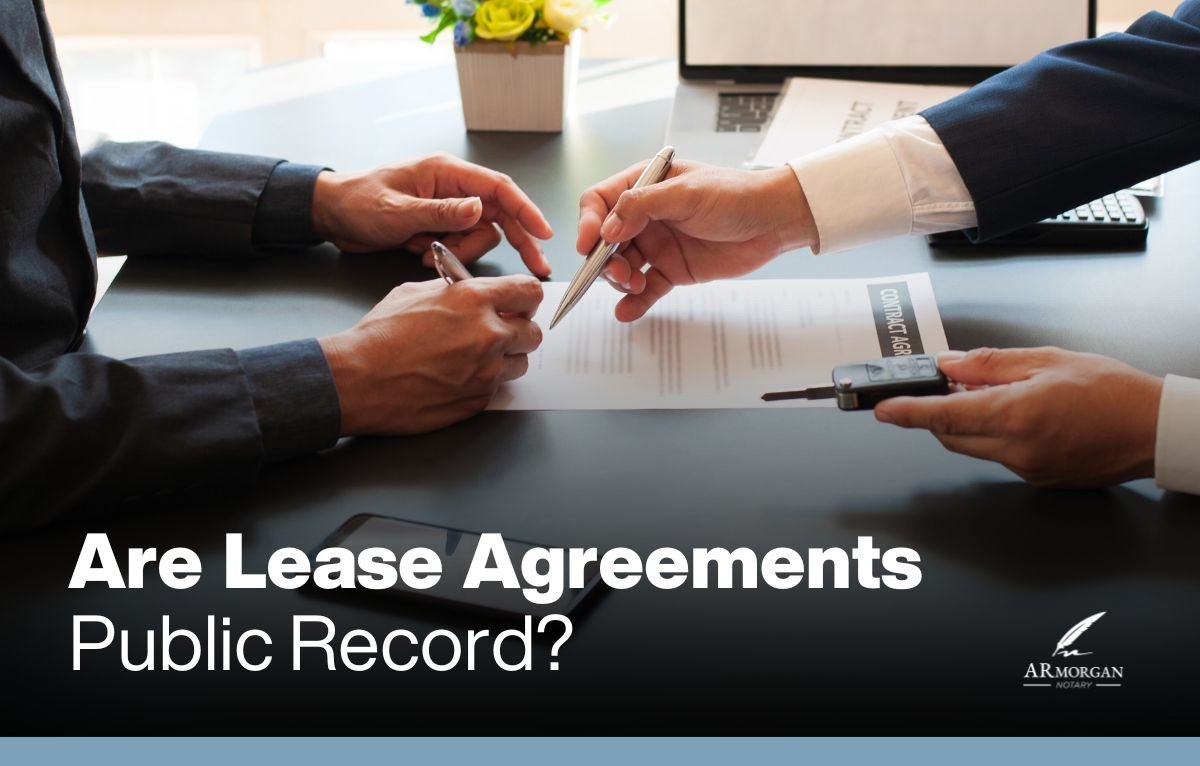Do I Need To Keep Old Lease Agreements?

A frequent question among renters is: Do I need to keep old lease agreements?
The short answer is yes—but understanding the full rationale can help you protect your legal rights, maintain financial clarity, and avoid administrative headaches.
Lease agreements are not just temporary contracts; they are legally binding records of your tenancy that can play critical roles long after you’ve moved out.
This article explores why it’s essential to hold onto old lease agreements and outlines best practices for safe, secure disposal.
Why You Should Keep Old Lease Agreements
1. Legal Protection
Lease agreements act as formal documentation in the event of future legal disputes. If a landlord claims you caused damage or failed to pay rent, your signed lease serves as a key piece of evidence.
According to the California Courts, the statute of limitations to file a lawsuit based on a written contract is up to four years, but it varies by state, with many allowing up to six years.
2. Deposit Disputes
Security deposit disagreements are among the most common issues renters face after moving out. A lease outlines the conditions under which a deposit may be withheld, giving you leverage to reclaim your money if it’s unfairly retained. More information on handling such disputes is available from the Nolo Legal Encyclopedia.
3. Proof of Residency
You may need to show prior residence to satisfy requirements for government agencies, banks, or insurance providers. Lease agreements are recognized forms of proof and may be needed for everything from background checks to loan applications.
4. Tax and Business Purposes
For freelancers and small business owners who claim a home office deduction, lease agreements are crucial supporting documents. The IRS recommends retaining records that substantiate tax returns for at least 3 to 7 years, depending on your filing situation.
So, if you’re asking yourself do I need to keep old lease agreements, the answer is yes—especially for at least seven years after the lease ends.
Best Practices for Storing Lease Documents
Efficient and secure storage can make retrieving these documents easier when needed:
- Digitize Your Files: Scan all paper documents and save them as PDFs.
- Use Encrypted Cloud Services: Platforms like Dropbox and Google Drive offer secure storage and easy access.
- Label Clearly: Include the rental property address and lease dates in your file names for easy reference.
- Maintain Physical Copies Safely: Store hard copies in waterproof, fireproof containers if digital backups are not an option.
When Is It Safe to Dispose of Old Lease Agreements?
Once seven years have passed and there are no outstanding disputes or claims, it is generally safe to dispose of your old lease agreements.
However, if your lease relates to an ongoing tax deduction or unresolved issue, consider keeping it longer.
If you’re still wondering do I need to keep old lease agreements beyond this point, remember that retaining them longer can offer added protection, particularly in complex legal or financial matters.
How to Safely Dispose of Lease Agreements
Improper disposal of lease agreements can expose sensitive personal information. Here’s how to do it right:
- Shred Paper Documents: Use a cross-cut shredder to ensure complete destruction and reduce the risk of identity theft.
- Permanently Delete Digital Files: Use secure data deletion software like BleachBit or Eraser to wipe files from your device and prevent recovery.
These precautions help ensure your name, address, rental history, and financial data don’t fall into the wrong hands.
Final Thoughts
So, do I need to keep old lease agreements? Absolutely. They provide peace of mind, legal safeguards, and vital documentation for taxes and housing history. Keep your lease agreements securely for at least seven years, and dispose of them safely once they’re no longer needed. Proper document management isn’t just a good habit—it’s a necessary part of responsible tenancy.
And if you’re ever unsure about the legal weight of your lease or how it was signed, it might help to understand whether a regular notary can notarize real estate documents—especially if notarization was part of your leasing process. Knowing how these roles work can offer even more clarity and protection.

